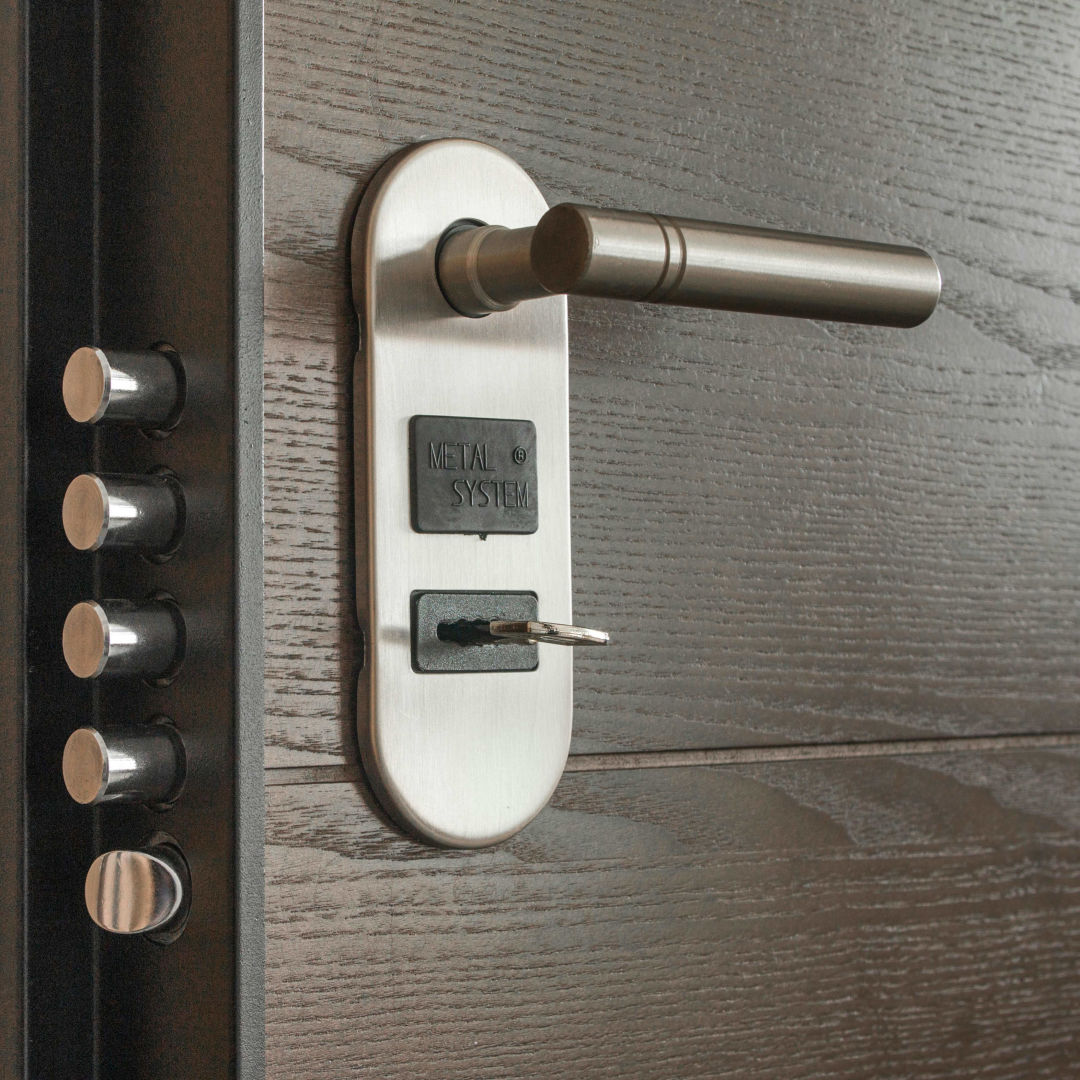Home Security for Couples Who Want Peace, Not Panic

Image: Pixabay / Pexels
So here’s a scenario. You’ve finally found your place. The lease is signed, the fridge is full (well… there’s oat milk and a bottle of wine), and the two of you are officially “living together.” Cue cozy mornings, shared bills, and your first argument about where the spatula goes.
But somewhere between arguing over whose turn it is to take out the trash and deciding on a throw pillow budget, something bigger sneaks in: Do we feel safe here? Like actually safe?
It’s not a sexy conversation. But it’s one that matters. A lot.
Security Isn’t Paranoia—It’s Peace
Here’s the truth: security is the baseline for all that other good stuff you’re trying to build together. If one of you doesn’t sleep well because of every creak in the hallway, or you’re jumping every time the doorbell rings, it’s hard to enjoy movie night or plan anything long-term.
Feeling safe at home isn’t about being paranoid—it’s about being settled. And when you’re building a shared life, that kind of peace is non-negotiable.
Step One: Talk About It (Even If It Feels Weird)
Before you buy a single gadget or make a spreadsheet (please don’t), sit down and just talk.
Ask each other:
- Have you ever felt unsafe at home before?
- What makes you feel comfortable?
- What kind of stuff keeps you up at night?
No need to solve everything in one sitting. This is just about being honest—and realizing that your idea of “secure” might not be the same as your partner’s. (Spoiler: it usually isn’t.)
Low-Tech Moves That Actually Make a Difference
You don’t need to start with expensive gear. In fact, some of the most effective security habits cost nothing—except maybe a little consistency.
- Lock the door. Always. Even if you’re just going downstairs to check the mail.
- Curtains at night. Not because someone’s watching (hopefully), but because not knowing can get in your head.
- Smart lights or timers. Makes it look like you’re home, even when you’re out.
- Trim the bushes. Creepy? Maybe. Effective? Definitely.
- Keep your spare key safe. Better yet—give it to someone you trust, not the underside of a doormat.
None of these are revolutionary. But when you add them together, they start to shift the vibe from “cozy place” to “locked-down fortress with great lighting.”
Finding the Right System (for You Two, Not Everyone Else)
Here’s where it gets personal. You know how every couple has that one thing they geek out on? Like, maybe you’re a “watch every trailer together before going to the movies” kind of team. Or maybe one of you makes spreadsheets for fun. (Respect.)
Home security works kind of the same way—it’s gotta fit your dynamic.
If one of you wants full-on, 24/7 monitoring and alerts every time the mail slot creaks? You can check out the best home security system options out there. There are systems that handle everything—from cameras to emergency dispatch—without you lifting a finger (except to check your app every five seconds).
On the flip side, maybe you just want to know when the dog walker comes and goes. There’s a quieter, more hands-off option too. Something like the best home security system without a subscription might make more sense if you’re not ready to sign up for monthly fees and daily alerts. Set it, forget it, check in when you want, and move on with your day.
It’s less about what’s “best” and more about what actually fits into your lives.
Divide the Responsibilities (So No One’s “The Security Person”)
Every couple has their division of labor. One person handles the Wi-Fi password. The other knows how to reset the circuit breaker.
The same should go for home safety.
- One of you keeps the security app updated.
- The other makes sure the windows are locked before bed.
- Rotate who takes charge when one of you’s traveling.
Security shouldn’t fall on one person. It works best when it’s shared—like a house plant or that laundry pile you both keep pretending doesn’t exist.
If Something Goes Wrong—You’ve Got a Plan
Look, no one wants to imagine the worst-case scenario. But ignoring it doesn’t make it go away.
Instead, ask: If someone did try to break in, what’s our move? Who do we call? What’s our emergency word (you should have one, by the way)?
It’s not about being scared. It’s about being ready. And when both of you know the drill, that calm confidence is its own kind of comfort.
FAQ
How can couples work together to protect their home?
Start by talking. Then share the responsibilities. From locking up to setting up tech, it’s not about who’s “in charge”—it’s about both of you staying involved.
What’s the best low-effort way to feel safer at home?
Lock everything. Use smart lights or timers. Keep valuables out of view. And if something ever feels off—listen to that instinct. Always.
Do we really need a security system?
No one needs one. But if it helps you sleep easier, if it makes one of you feel better when the other’s not home, if it reduces those “what was that noise?” moments—then yes. You need one.
One Last Thing Before You Go Lock the Door
Protecting your home isn’t about turning it into a fortress. It’s about turning it into a place where you both feel safe enough to live—to dance in the kitchen, to argue over movies, to fall asleep knowing that if something did happen, you’ve got each other.
And that’s what security is really about.
Not fear.
Not control.
Just peace. Together.